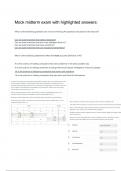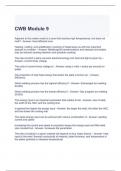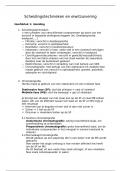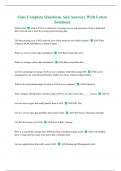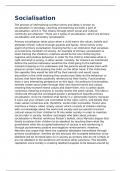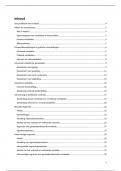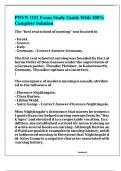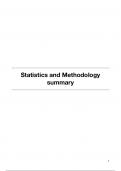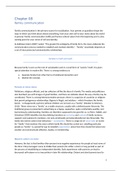Which of the following questions are not one of the big AI questions discussed in the lectures?
Can we build machines that detect obstacles?
Can we build machines that are more intelligent than us?
Can we build machines that have emotions?
Can we build machines that can recognize handwriting?
Which of the following statements offers the least accurate definition of AI?
AI is the science of making computers that solve problems in the best possible way
AI is the science of making machines do things that would require intelligence if done by people
AI is the science of designing computers that solve new problems
AI is the science of making computers that can learn and think for themselves
,Which of the following statements about Turing's imitation game are correct?
Note: A is human, B is a machine, and C is the interrogator.
B's answer can be transmitted to C with help from a human.
An incorrect answer to a difficult mathematical question almost certainly means that the respondent is
human.
C can ask different questions to A and to B.
B must imitate someone of the opposite gender of A.
It is a good strategy for C to ask questions that she thinks only a human can answer.
It is a good strategy for C to ask diffcult computation questions that she thinks only a machine will be able
to answer.
Indicate which of the following statements correctly describe the career of Maggie Boden.
,Maggie Boden strongly disagreed with the views of George A. Miller expressed in "Plans and the
structure of behavior".
Maggie Boden was one of the earliest programmers of the EDSAC, developed by Maurice Wilkes.
Maggie Boden was interested in philosophy from an early age.
Maggie Boden believes that computational processes can be used to understand creativity.
, Lecture 1 - What is AI?
1. What is artificial intelligence?
- Artificial: Computational agents, either robotic or software.
- Intelligence: Agents capable of achieving goals in the world.
2. What is the goal of artificial intelligence?
- Strong vs. weak.
- Science vs. engineering.
- General vs. narrow.
- Rational vs. Psychological
3. What does artificial intelligence, as a field of research, look like?
- AI is closely allied to several disciplines.
- AI includes a very wide, arguably fragmented, range of research areas.
- AI has had its problems! (Is is a myth? Can it deliver?)
The big questions
1. Can we build machines that think?
2. Can we build machines that learn?
3. Can we build machines that are more intelligent than us?
4. Can we build machines that are creative?
5. Can we build machines that have emotions?
6. Can we build machines that are conscious?
What is Artificial Intelligence?

